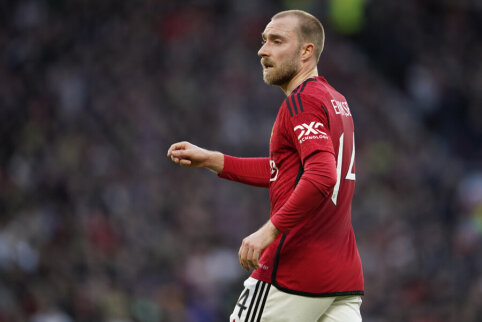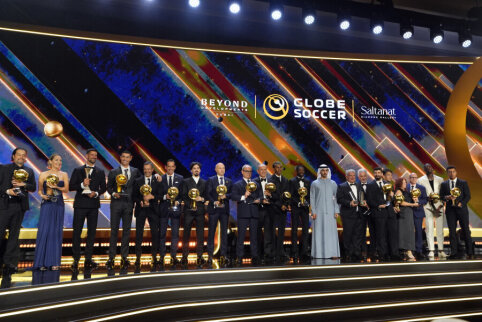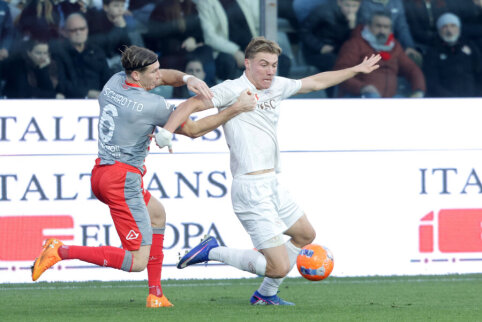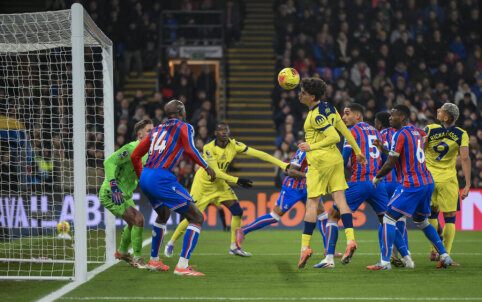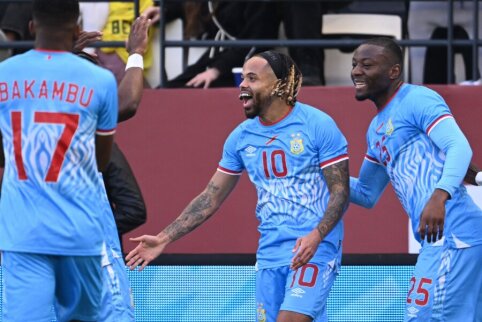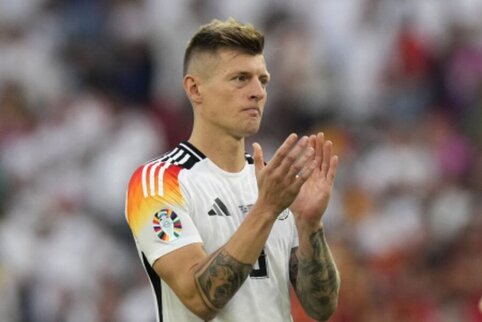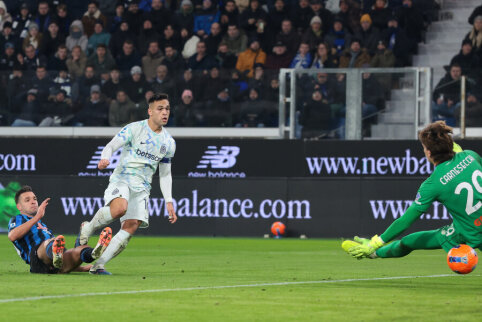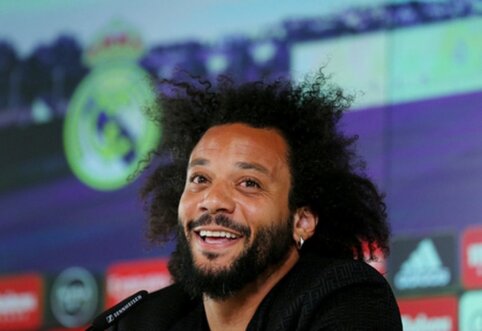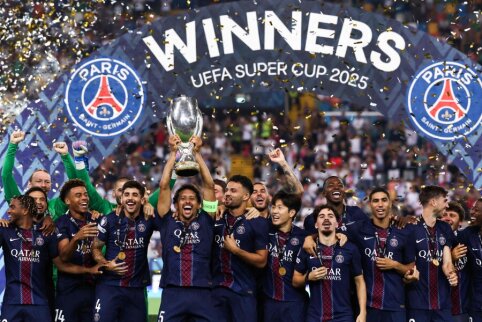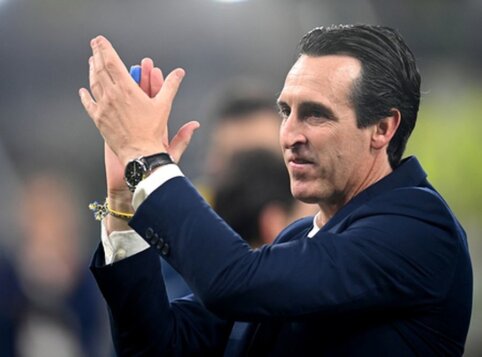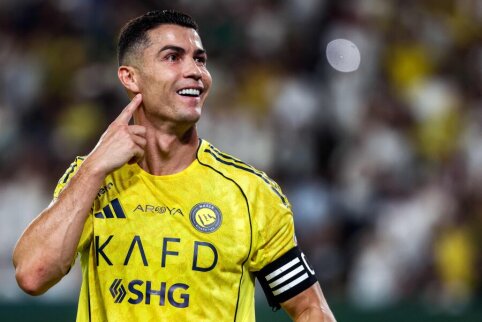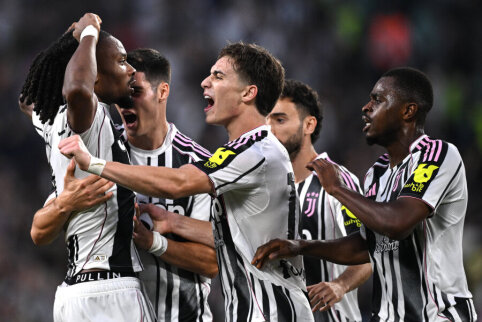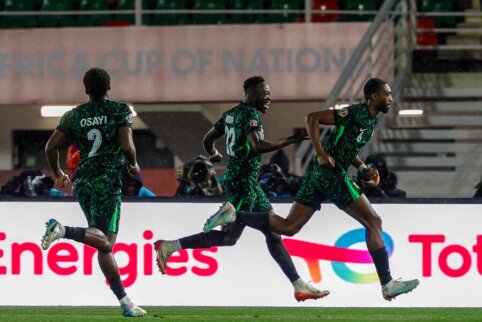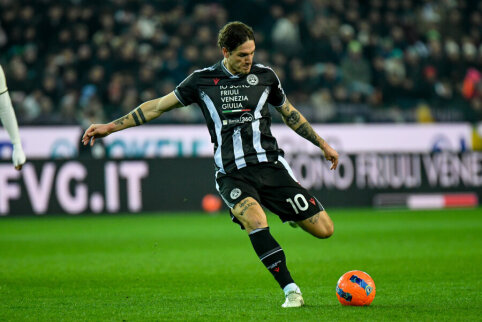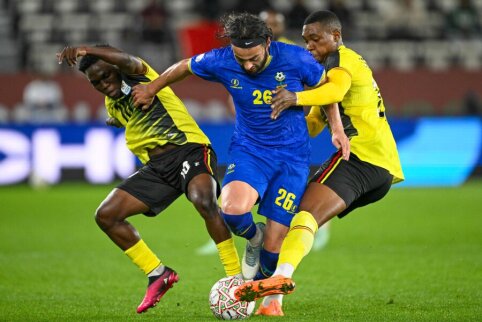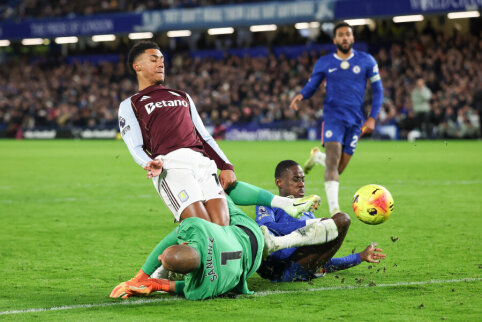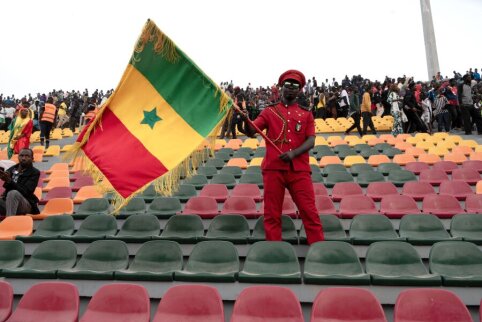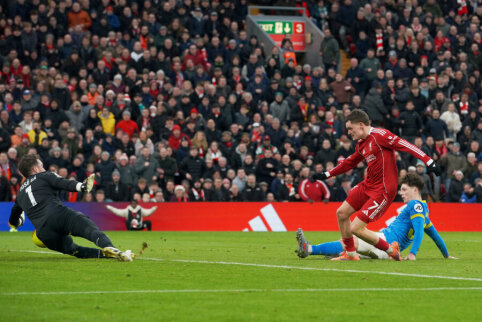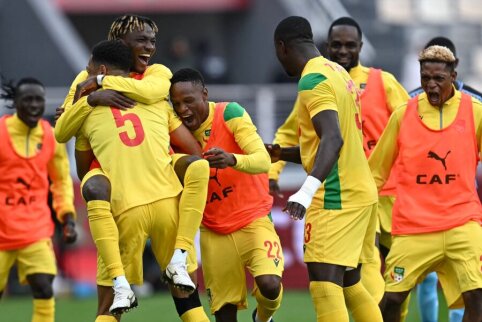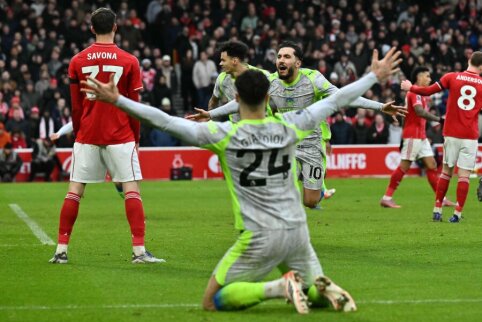 © EuroFootball.com
© EuroFootball.com
In "Tribuna," one of the regular website visitors, London's "Chelsea" fan Rimantas presents the history of his favorite club, which recently celebrated its centenary. In the second part, you will be able to read about the team's founding and first fifty years, Ted Drake's era, and the sudden decline in the eighties.
Remember, you can send your articles to [email protected]
Continuation
Dark period (1975-1983)
Having lost their best players due to financial difficulties, the club had no replacements. From August 1974 to June 1978, the club did not acquire a single player. Former "Chelsea" player Eddie McCreadie brought the team back to the first division with a mix of veterans and youth, most notably 18-year-old captain Ray Wilkins. In 1979, the club finished 16th, in 1980 - last place, and dropped back to the second division. Even the return of Peter Osgood did not help the club. Wilkins was sold to Manchester United to ease the club's financial situation. Fan behavior was also a problem. The line between passion and hooliganism was dangerously thin at that time.
This crisis brought about another problem. In an effort to improve the financial situation, the club owners even sold the stadium. It was almost demolished, and the club would have had to share the stadium with Fulham or Queen's Park Rangers.
The failures continued on the field. Coaches were changing, there was no success, players were not paid, and the banks no longer cashed "Chelsea" checks. Just 6,009 spectators watched the matches against Orient in 1982, and even they had nothing to cheer about - the team's play was abysmal.
In 1982, Ken Bates became the savior of "Chelsea." He bought the club, along with all debts, for a symbolic one pound. The situation in the club, he later described as: "It was a community club, gathering on Saturdays to play football." No one was successful - the club's lottery even brought losses.
The season of 1982-83 was the worst in Chelsea's history. The season started fairly well, but the team's results deteriorated rapidly. Towards the end of the season, the team failed to win 9 games in a row. The club was very close to relegation to the Third division. Given the club's financial situation, this could have been a fatal blow. In the penultimate game of the season against Bolton, it was a must-win situation, and only Clive Walker's goal in the final moments secured a 1-0 victory. A draw at home in the last match of the season against Middlesbrough ensured the club's survival in the Second division. The club was saved from relegation by just 2 points.
Renaissance (1983-1996)
In the summer of 1983, the club could not afford expensive purchases, but coach John Neal managed to acquire several excellent players. Striker Kerry Dixon, winger Pat Nevin, midfielder Nigel Spackman, and goalkeeper Eddie Niedzwiecki together cost less than half a million pounds.
The season started with a 5-0 victory over Derby County. In the spring, another 5-0 win, this time against old rivals Leeds United, secured a ticket to the First division, and a win on the last day of the season away to Grimsby Town clinched the Second division champions title. Dixon scored 36 goals during the season. Only Bobby Tambling and Jimmy Greaves achieved better results.
The return to the First division was great, and the team finished 6th. Once again, Kerry Dixon shone, scoring 24 goals in the league that season. The team was close to another League Cup final but unexpectedly lost to Sunderland in the semifinals. At the end of the season, Neal left the coaching position due to health problems. He was replaced by John Hollins. The team played well and even fought for the championship title. In February, "Chelsea" led the championship, but poor results in the spring led to a disappointing 6th place finish. "Chelsea" also won the newly created Full Members Cup tournament, beating Manchester City in the final 5-4.
However, success did not last long. The next season, the team finished in 14th place. Hollins clashed with several key players, especially David Speedie and Nigel Spackman. They left the club, and in March 1988, Hollins himself was shown the door. He was replaced by Scot Bobby Cambell, but he could not save Chelsea from relegation. However, this time Chelsea immediately showed that they had nothing to do in the lower division, collecting 99 points and returning to the First division.
In 1990, the team finished in 5th place and won another Full Members Cup tournament. The following year, Campbell stepped down from his coaching duties. He was replaced by Ian Porterfield. Chelsea played well enough to qualify for the newly formed English Premier League. In the mid-season of the following season, another former Chelsea player, David Webb, took over as coach. The team finished 11th, and Webb was replaced by Glenn Hoddle in the offseason.
In 1992, after a decade of worries about Stamford Bridge and its future and a long-lasting "Save the Bridge" campaign, Bates finally reclaimed the stadium from the bankrupt Marler Estates company. The newly formed not-for-profit Chelsea Pitch Owners organization took over the rights to the stadium and club name, ensuring that a similar situation would not recur. This allowed the club to upgrade the stadium (except for the previously renovated eastern stand). Covered seating was installed for all spectators, the stands were moved closer to the pitch, and a roof was installed above them.
The first season under Hoddle was difficult. At one point, the club was among the candidates to be relegated to a lower division, but they managed to stay in the Premier League. The goals scored by Mark Stein, who cost the club £1.5 million, played a significant role. The team reached the FA Cup final, where they faced the best team in England at the time - Manchester United. The "Red Devils" thrashed the blues 4-0 at Wembley Stadium, although it was not as easy as it seems from the final score. Since Manchester United already had a spot in the Champions League, Chelsea got the chance to compete in the UEFA Cup Winners' Cup. In this tournament, Chelsea reached the semifinals but lost to the eventual champions, Zaragoza.
Chelsea had a good squad with several high-class players, most notably Dennis Wise. However, club president Ken Bates and director Matthew Harding had ambitious plans. In 1995, they lured Dutch football legend Ruud Gullit from the Sampdoria club without any transfer fee and bought forward Mark Hughes from Manchester United and talented Romanian Dan Petrescu from Sheffield Wednesday. The team coached by Hoddle finished sixth in the league, but the coach left the team and became the coach of the England national team.
Gullit and Vialli era (1996-2000)
Ruud Gullit was appointed as the playing coach of Chelsea. The Dutchman used his knowledge and connections to quickly add several well-known players to Chelsea. The famous forward Gianluca Vialli from Juventus was the first acquisition, followed by French defender Frank Leboeuf and Italian midfielder Roberto Di Matteo. Another Serie A superstar, Gianfranco Zola, joined a few months later. This star-studded team immediately won the FA Cup and ended a 26-year trophy drought. In the final, Di Matteo scored the opening goal just 43 seconds into the match, and Eddie Newton sealed Middlesbrough's fate. In the league, Chelsea finished sixth.
However, the joy of a successful season was overshadowed by the fact that the club was without Matthew Harding. The young millionaire, the club's vice-chairman, died in a helicopter crash in October 1996 while returning from a League Cup match against Bolton Wanderers. A stand at Stamford Bridge is now named after him, to which he contributed significantly.
In the summer, Gullit attracted more excellent players. Gustavo Poyet, Norwegian Tore Andre Flo, Celestine Babayaro, Graeme Le Saux, and goalkeeper Ed de Goey - all joined the team that summer and all became key players for the club.
In February 1998, Gullit was unexpectedly dismissed when he and the club failed to agree on a new contract. At that time, the team was in second place in the Premier League and competing in the semifinals of two cup competitions. The new player-coach was Gianluca Vialli. Within a few months, he already had his first coaching honors. The League Cup was brought home with another victory at Wembley Stadium - again against Middlesbrough, again 2-0, and again featuring Di Matteo.
Chelsea also won the UEFA Cup Winners' Cup with a dramatic win over Vicenza. In a thrilling semifinal with Barcelona, Chelsea lost the away leg 1-0 but won the home leg 3-1. In the final in Stockholm, Gianfranco Zola scored the only goal of the match against Stuttgart.
In 1998, the club also won the European Super Cup, defeating Real Madrid 1-0 in the final. The goal was scored by Gustavo Poyet.
In the 1998-99 season, Chelsea once again seriously competed for the league title. Although they lost their first league match against Coventry City, their second defeat in the league only came in January, and by Christmas, the team was leading the championship. The chances of winning the title were shattered with three consecutive draws in April - against Middlesbrough, Leicester City, and Sheffield Wednesday. Chelsea eventually finished in third place, just four points behind champions Manchester United. The club was eliminated in the semifinals of the UEFA Cup Winners' Cup, the FA Cup, and the League Cup.
In August 1999, Chelsea finally made their debut in the elite European football tournament. Their first appearance did not go unnoticed. Chelsea drew with Italian giants Lazio and AC Milan, defeated Turkish giants Galatasaray 5-0, and reached the quarterfinals, where they faced Barcelona. In the first leg in London, Chelsea took the lead 3-0 but ultimately lost in an exciting match, ending 3-2. In the response match, Chelsea started impressively and quickly took the lead 3-0. However, Barcelona's magician Ronaldinho scored two goals and brought the score to 3-2. With 15 minutes left, John Terry headed for the net and increased the lead to 4-2, and Chelsea reached the semifinals. There, after handling Bayern Munich quite confidently, Chelsea reached the Champions League semifinals for the second consecutive season. However, once again, they could not overcome this barrier. It was debatable (and perhaps it will never be explained) whether that single goal was scored at Anfield, but it was awarded nonetheless. Liverpool raised the Champions Trophy for the fifth time in the club's history that season, while Chelsea had to swallow bitter tears and prepare for a new season.
In the summer, Mourinho started to strengthen the team and even before the summer officially began, he attracted two superstars - Michael Ballack and Andriy Shevchenko. Perhaps they will help raise the blue flag and dominate Europe?

